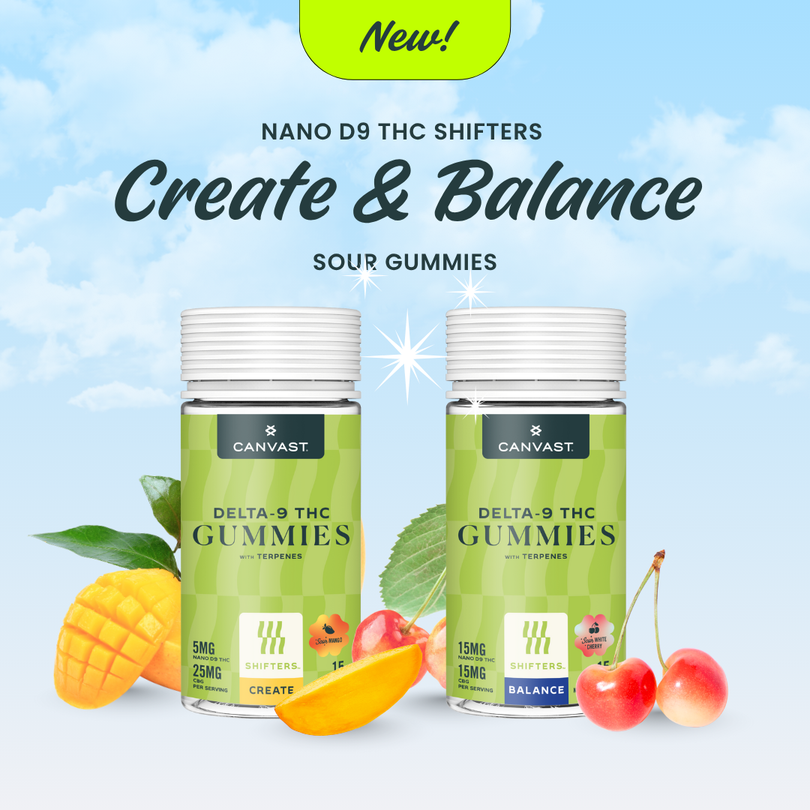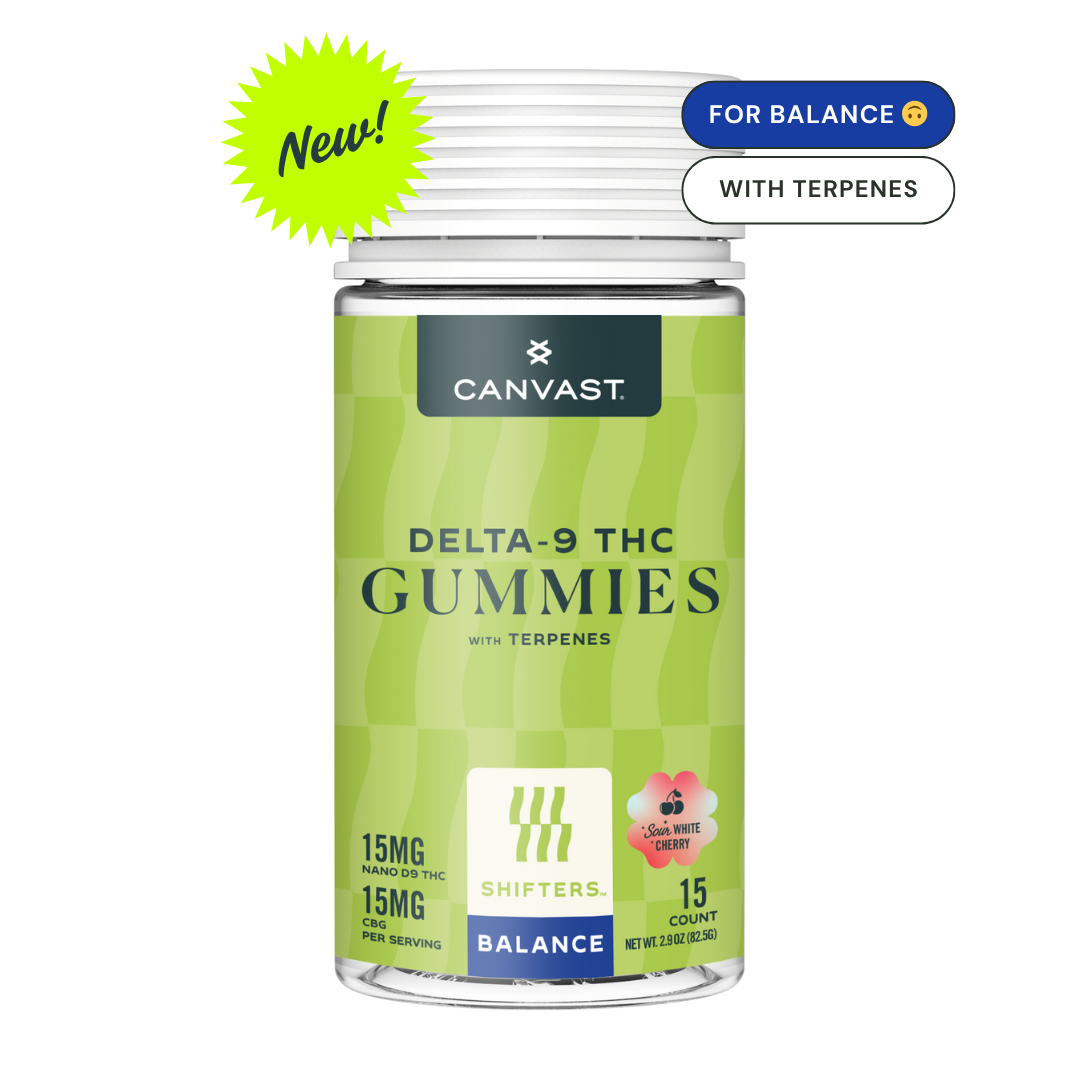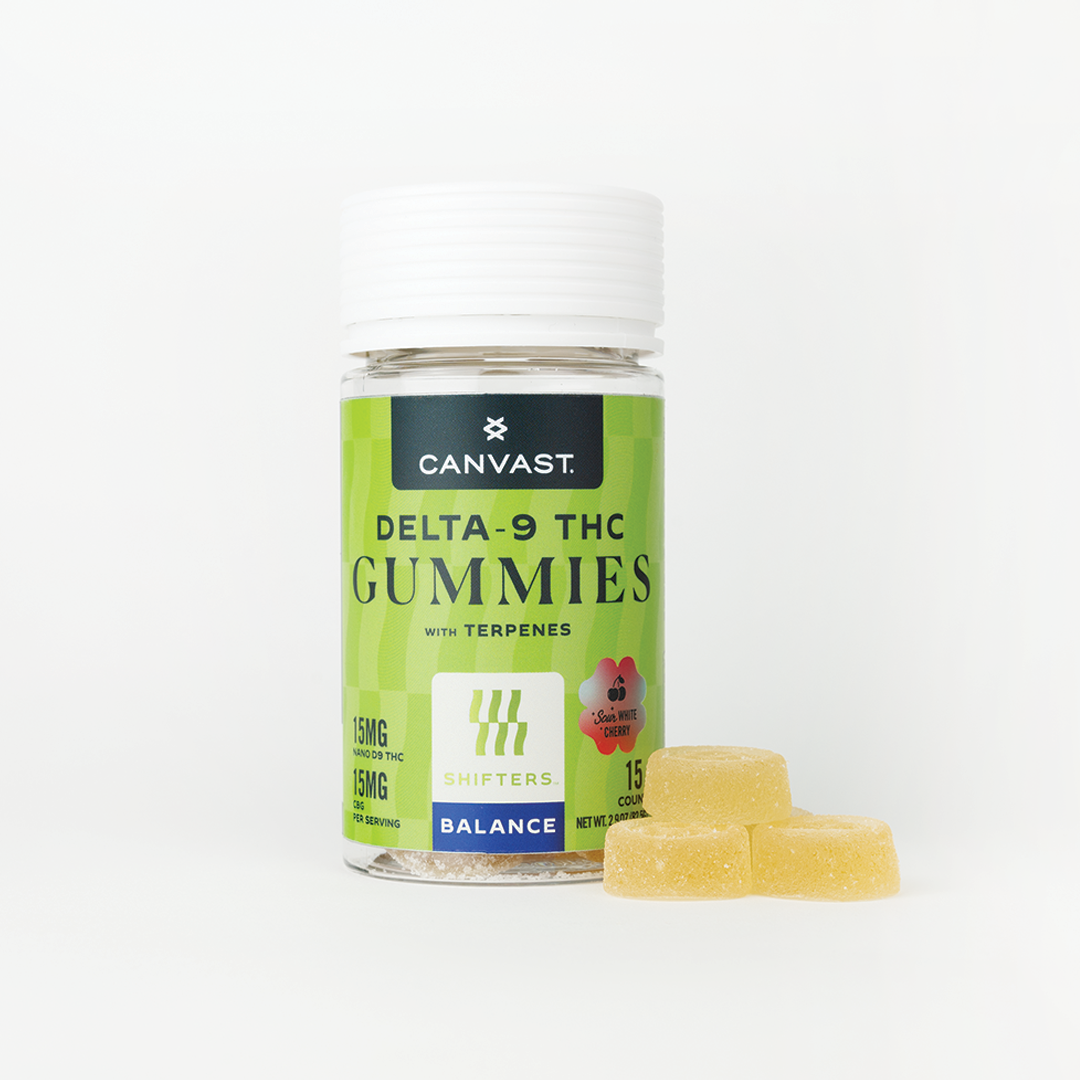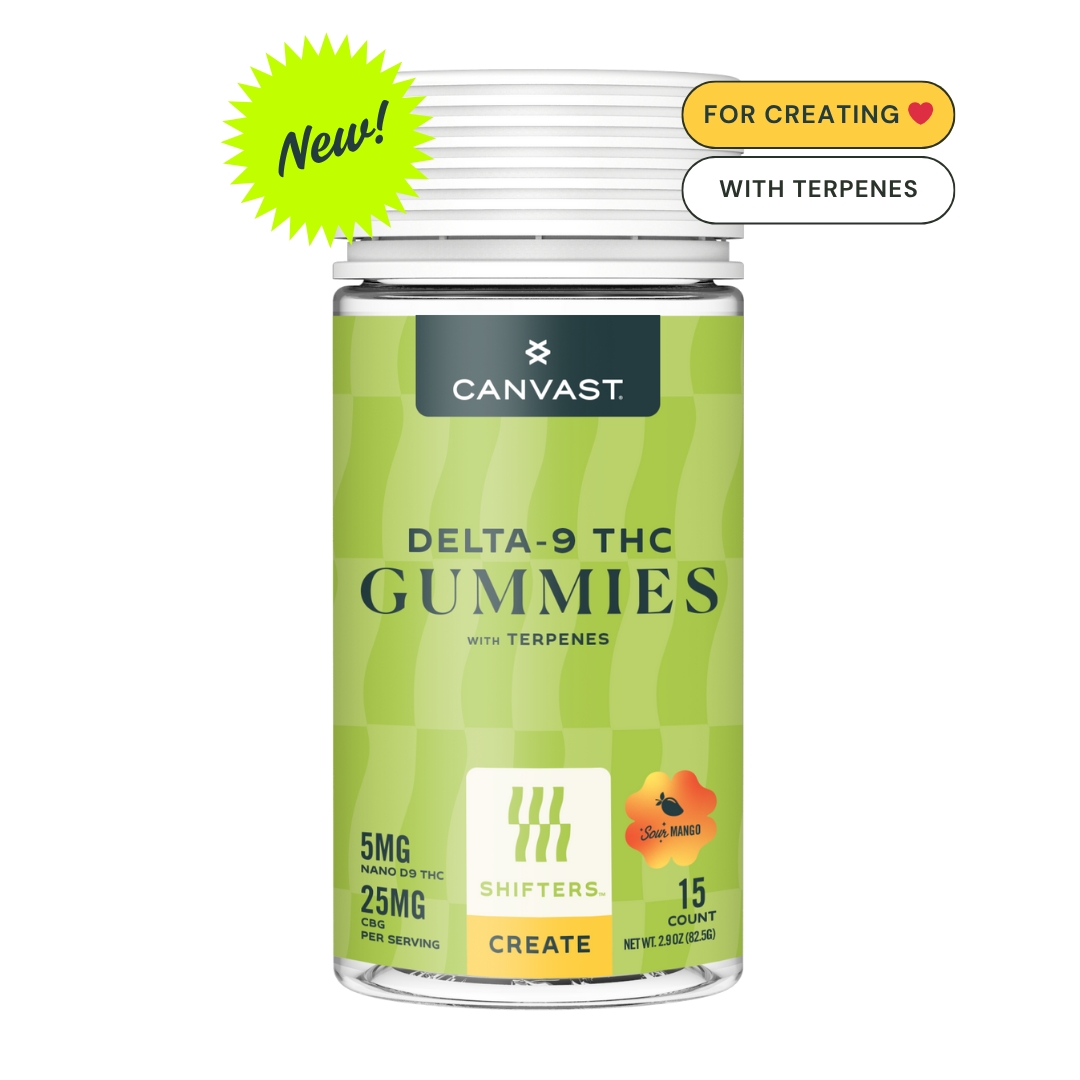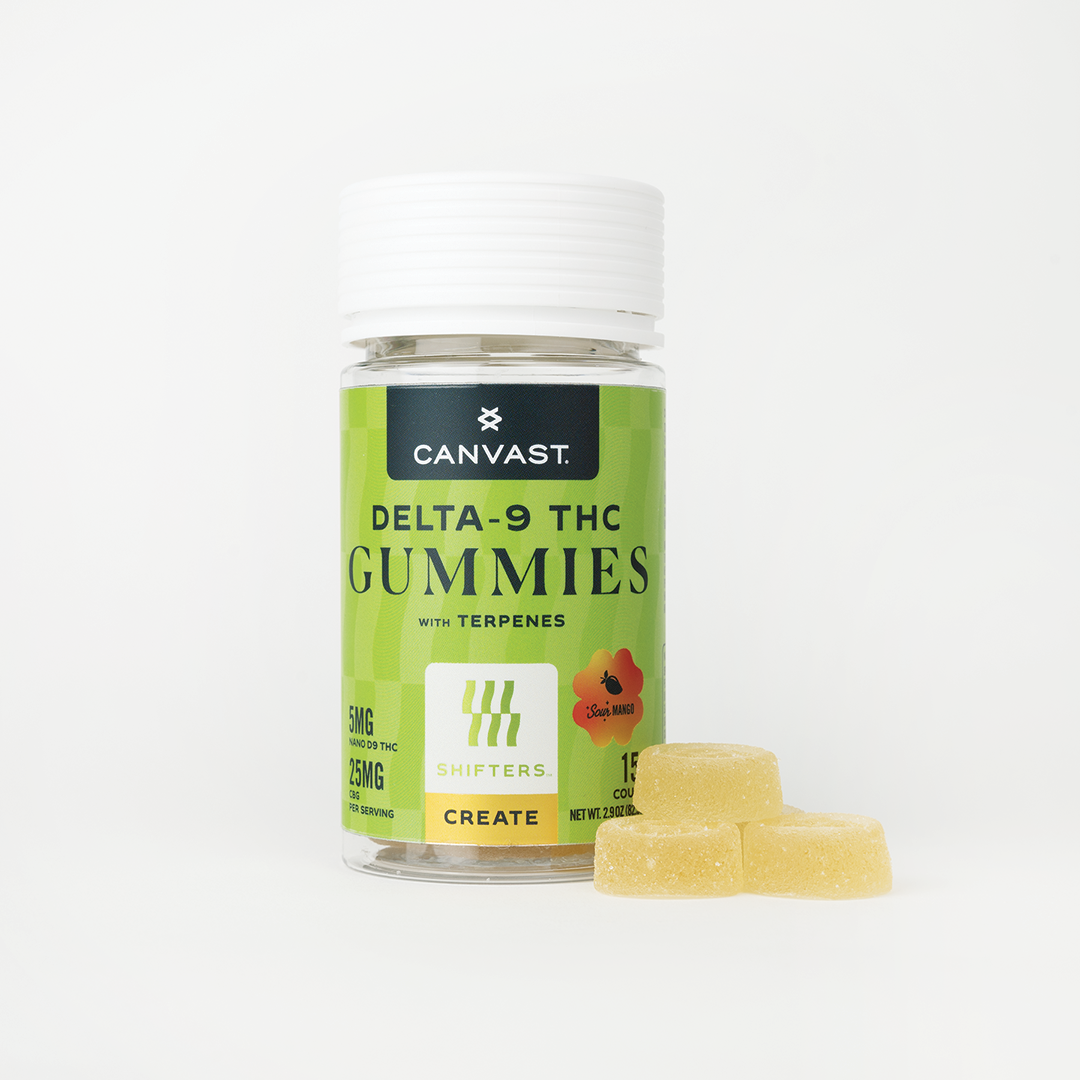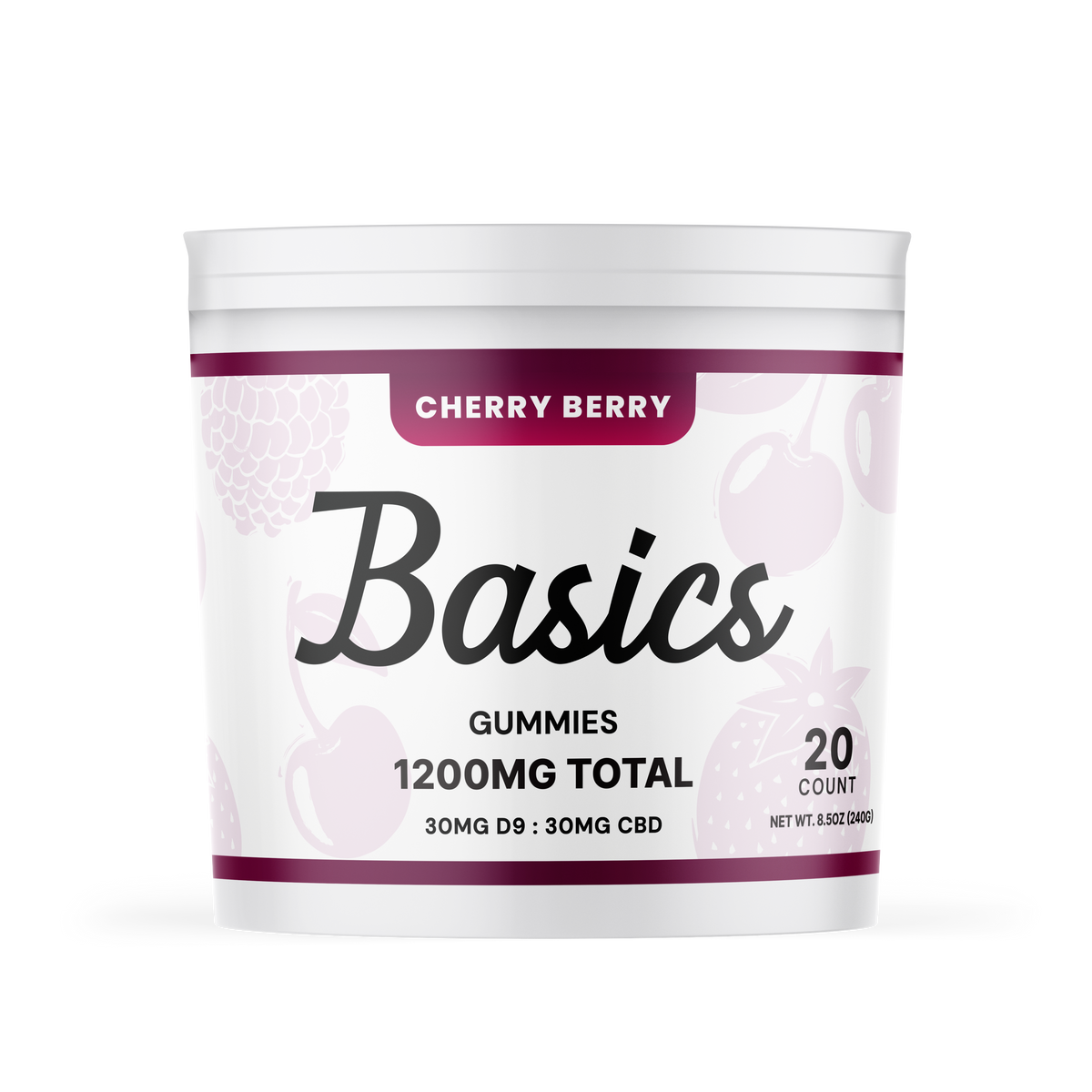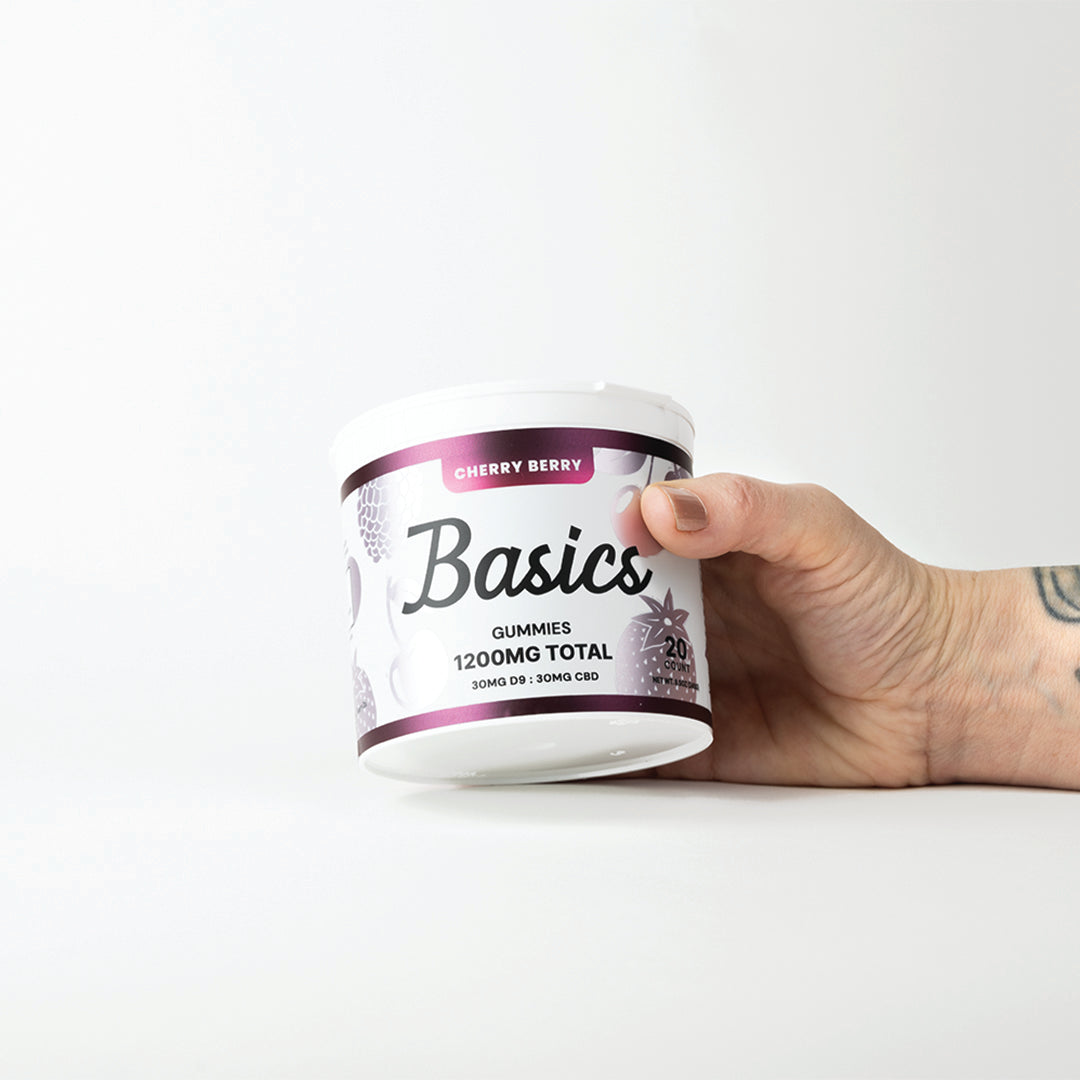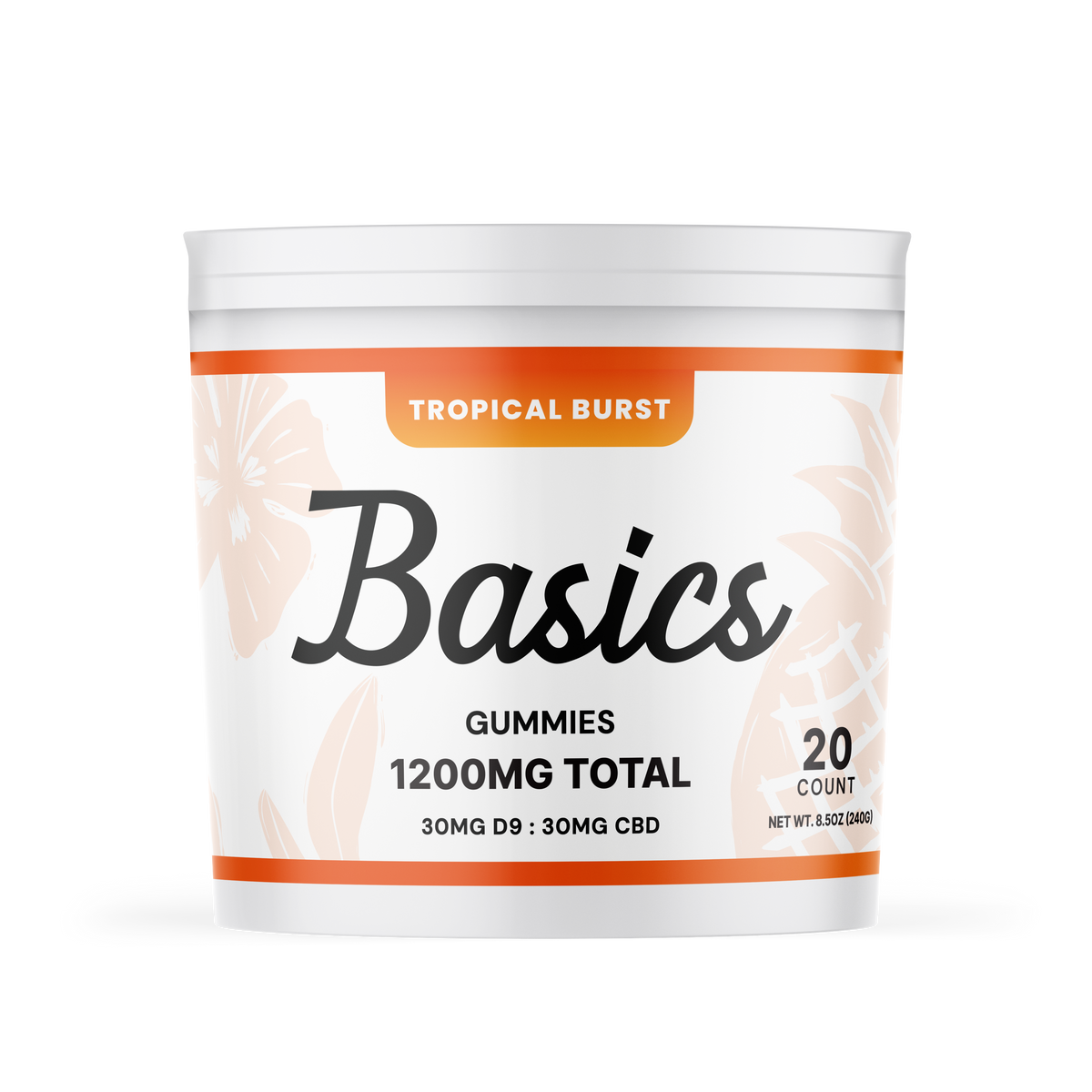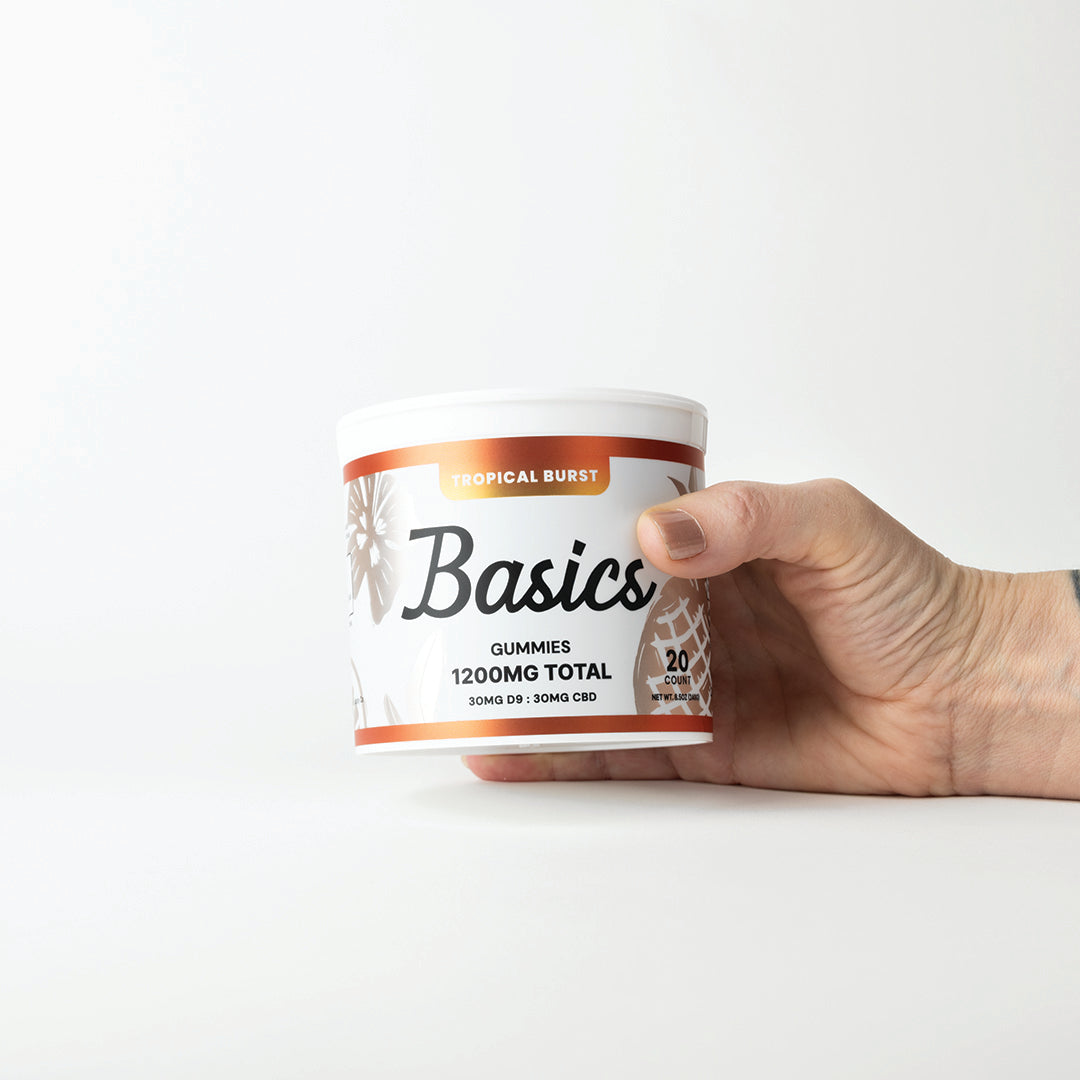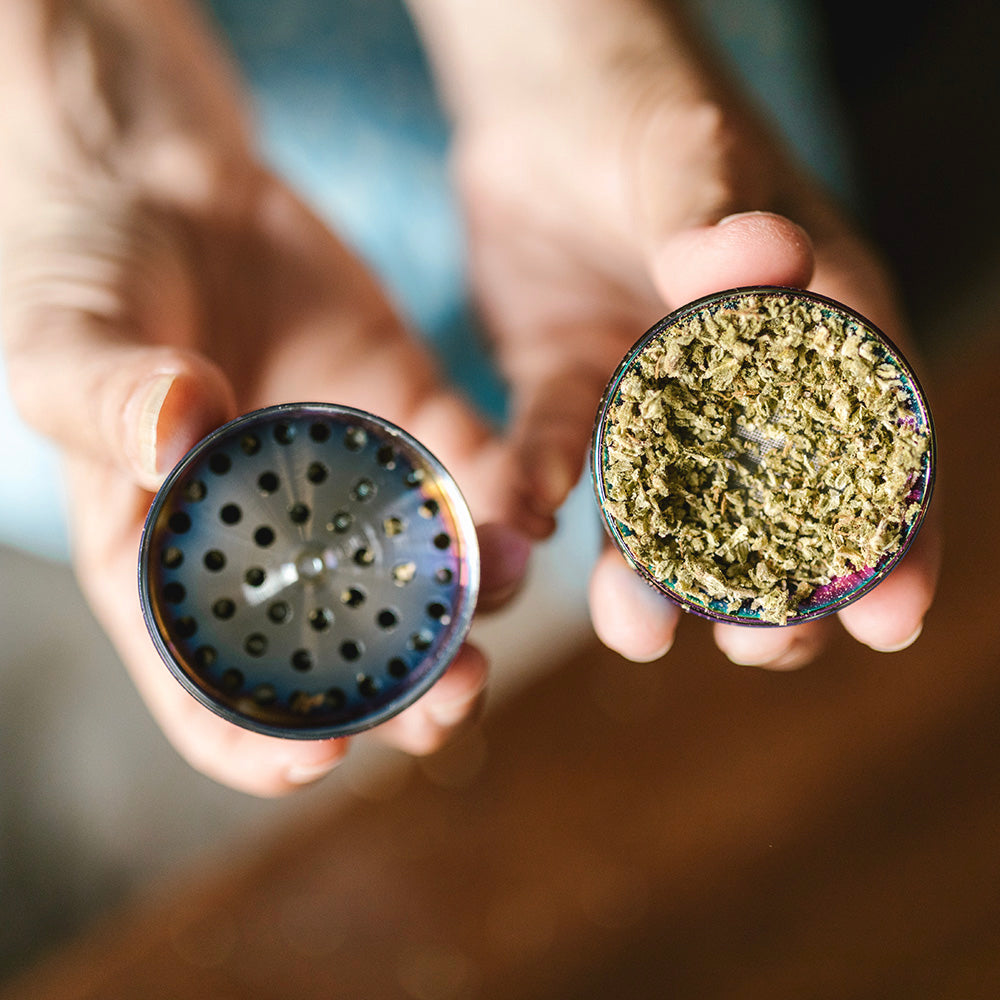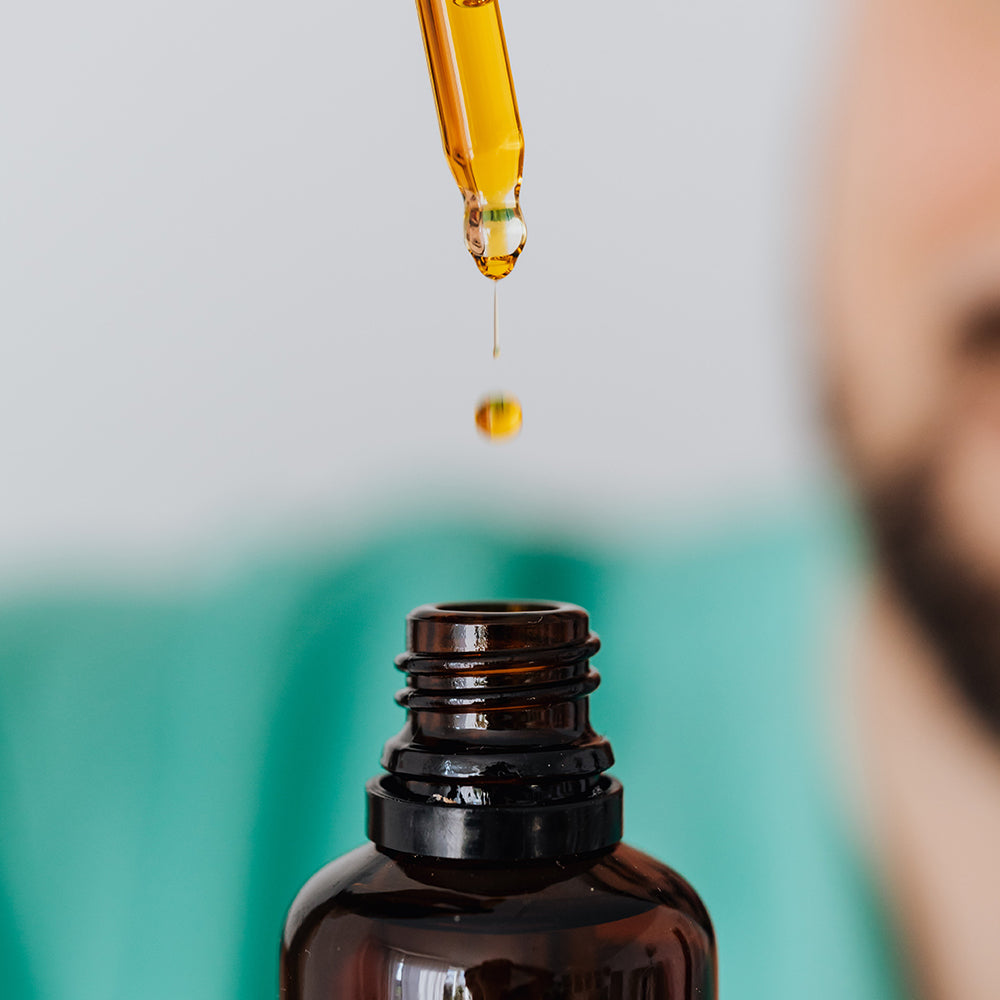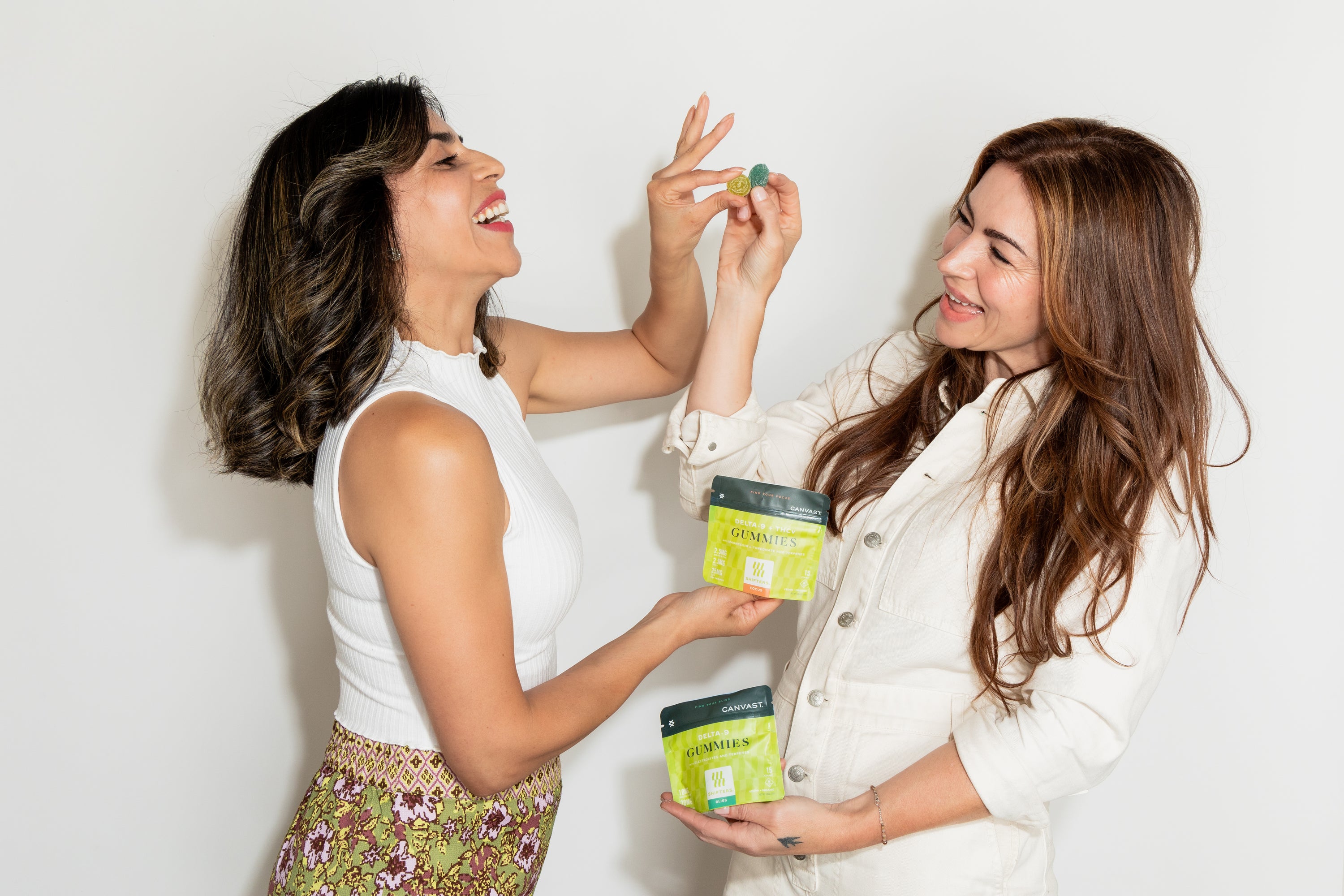If you own a CBD brand you’ve probably been frustrated a time or two with what you’re legally allowed (or rather what you are not allowed) to say about your products.
Maybe it’s true that your product contains therapeutic properties that lead to healing results. The question is though, are you permitted by the U.S. Food and Drug Administration (FDA) to claim that in any of your promotional material? The bottom line is a resounding “Nope.”
The FDA has yet to roll out a list of official marketing regulations for CBD business owners. This has created a questionable advertising environment that has many scratching their heads and wondering if they’re doing it right.
Read on to keep navigating the legal terrain of CBD marketing.
Can I Make Health Claims About My CBD Products?
No, CBD brands cannot make health claims.
One reason is because regulators worry that CBD brands who make these unproven claims to treat serious diseases might be encouraging patients to give up available and effective therapy for products that have the potential to cause them serious harm.
Another reason why CBD health claims are problematic is because any and all products made for medicinal purposes must be reviewed or approved by the FDA. The only FDA-approved CBD prescription that currently exists on the market is Epidolex, which was developed for the treatment of seizures that come from a side effect of a variety of diseases.
Client Testimonials
You may be thinking: “Okay, so isn’t it only logical to gain credibility for a product through the old tried and tested method of client testimonials?”
It turns out, no, not in the CBD industry. At least, not if the testimonial includes a health claim. While at first glance it may look like a workaround bypassing the regulations and relieving responsibility off of your business itself making the claim, this type of third-party content can implicate the business making it subject to warning letters.
For example, this is a warning letter to a CBD retailer that cites a website customer testimonial deeming it inappropriate because the user claims its effectiveness in treating his/her arthritis and traumatic brain injury. It doesn’t matter if the user’s experience really occurred or didn’t occur. If you’re not actively able to keep an eye on incoming testimonials, you run the risk of receiving a warning letter yourself because ultimately, each business is responsible for its own content.
What Can You Say?
So….what CAN you say? It’s understandable to feel frustrated, after all, your brand is your baby and you are excited to share its benefits to your customers. And it’s true, your hands are tied as far as what you can and can’t say…. but there are still ways to market your product in an effective and ethical way. Words used to describe a temporary emotion are usually allowed so long as they are careful not to indicate the treatment of any disease. For example: the phrases “targets stress”, or “supports elevated mood” would generally be permissible.
Another thing you could incorporate into your content is the use of puffery. According to hubspot “sales puffery is the use of exaggeration when promoting a product or service. It encompasses statements that can’t be proven wrong objectively and aren’t misleading. Advertisements vaguely framing products or services as being ‘the best’ or ‘perfect’ are usually considered sales puffery.”
Since this type of language is highly subjective the Federal Trade Commission (FTC) won’t bother with these types of claims.
What you can’t say
We’ve already established that no health claims are permitted. Let’s go over some more words and potentially problematic phrasing that could bring scrutiny to your business:
Do NOT say things like:
- “Treats PTSD.”
- “Reduces anxiety.”
- “Improves symptoms related to depression.”
- “Relieves chronic pain”
Again, even if these things may really be true about your CBD product, claiming it out loud like this can only get you into trouble.
What Kinds of Consequences Can You Face?
Whether it was intentional or not, if you violate the rules of the FDA or FTA, you could find yourself in hot water. Typically what happens first is a warning letter in the mail. The letter will usually explain the violation and request a response on how your business chooses to resolve the situation. If the letter is ignored the potential for a fine comes into the picture. If still at that point, no responsible action is taken it’s likely measures would be taken to shut the CBD company in question down and put them out of business.
How to make sure you stay FDA Compliant
It is unclear when the government will have official regulations for marketing CBD. Until those rules are written up and turned over to the public, the industry will continue to stay in a stage of limbo and confusion. Let’s review a list of ways to stay compliant in your marketing materials concerning your CBD product:
- Make sure your content doesn’t contain any unsupported health claims. By this point you should have a good idea of what’s acceptable and what is not.
- Cite supporting research wherever possible in your content. Scientific studies and factual data are always great for credibility.
- Add a disclaimer noting that your words have not been reviewed by the FDA. This short note added to a web page or product description might go a long way in covering your legal behind.
- Have a lawyer look over your content for completeness and compliance. Nothing beats a professional pair of eyes to give you that extra layer of security.
These 4 simple things can ensure your company stays within the legal boundaries for promoting your products.
The restrictive rules on the marketing language surrounding CBD products can be frustrating—but if you can’t stay compliant then you can’t stay in business. It’s important to remember that the rules aren’t in place to put well-meaning people out of business nor are they meant to discourage sales. The entire industry is navigating uncharted territory and the noble thing to do is to shine the spotlight on straightforward information for the consumers’ sake.
Sources:
https://harrisbricken.com/cannalawblog/not-all-cbd-health-claims-are-treated-equal/
https://www.consumer.ftc.gov/blog/2019/09/serious-health-claims-cbd-products-need-proof
https://www.formularywatch.com/view/fda-warns-cbd-companies-making-medical-claims


